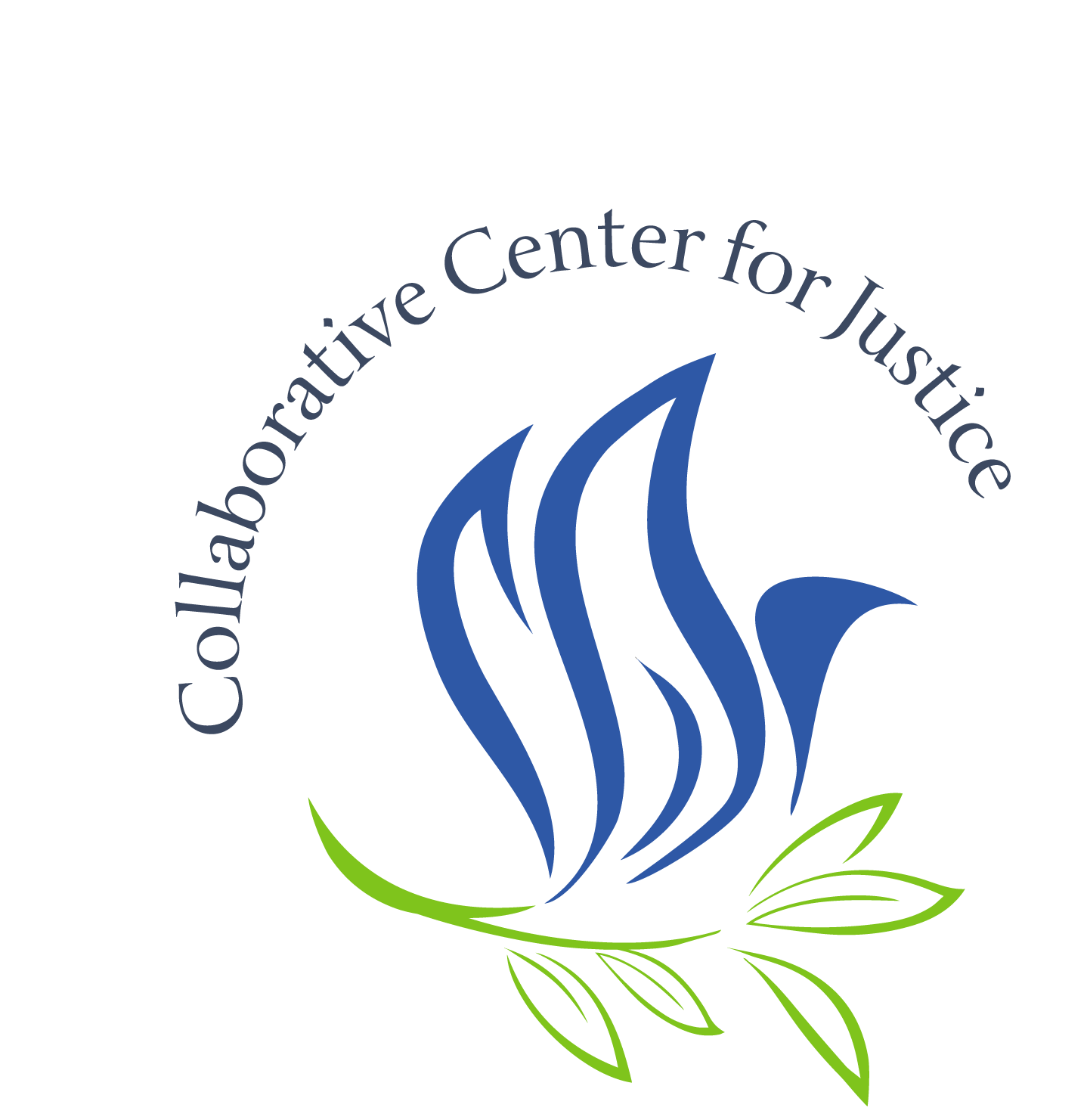
The Issue
The Clean Slate criminal justice reform bill (S.B.1019) that we support is coming up for a vote in the state House any day now. Last week it successfully made it out of the Senate. This is the final push before it makes it to Governor Lamont’s desk and, hopefully, gets signed into law.
The consequences of having a criminal record, especially a felony conviction, impacts the entire nation because of the way it drains the economy, and how it disproportionately targets communities of color. According to the FBI, 30% of American adults have some sort of criminal record. By age 23, 50% of black men and 40% of white men will be arrested. Even if these arrests do not result in a conviction, they do produce a criminal record which can haunt these people for the rest of their lives, locking people out of opportunities to meet their basic human needs. Nationally, most employers (90%), landlords (80%), and colleges (60%) use background checks in the recruiting process.
Nationally, one in three Black men have a felony conviction, compared to just 8% of the total population. This is driven, in part, by the fact that Black and Latinx people continue to receive harsher and longer sentences for the same crimes as white people.
The current petition-based system of having one’s record expunged can be expensive, it is cumbersome, and it is not transparent. Clean slate would automatically expunge the criminal records of people who have returned to outside society and remained crime-free.
The Action
Contact your state representative and ask that he or she support the Clean Slate bill (S.B.1019) as is. It would allow people who have already been punished to support themselves, provide for their families, and contribute to their communities. We want a bill that:
- Includes all misdemeanors and Class D and E felonies (except sex crimes and family violence)
- Does not have a waiting period that exceeds that of the current petition-based system
- Applies retroactively
- Includes antidiscrimination protections for people with records
Potential Talking Points
Draining the Economy
If not for mass incarceration and the collateral consequences of a criminal record, the U.S. poverty rate could have dropped a full 20% between 1980 and 2004. For decades, millions of families and communities have had working-aged adults excluded from the workforce.
In 2014, the employment penalty for felony convictions cost the U.S. economy 1.9 million workers.
Source: “The Impact of Mass Incarceration on Poverty”
Poor People Are Targeted & Kept Poor
Nearly half the people in Connecticut’s shelters have been incarcerated. Over 17,000 people entered Connecticut’s shelters between 2016 and 2019; more than 8,000 have been incarcerated.
A criminal record reduces a job seeker’s chance of getting a callback or job offer by nearly 50 percent.
Nearly half of American children now have at least one parent with a criminal record. All parents should be able to provide for their children.
Expungement Works & Creates Opportunity
A 2019 study in Michigan found that those who have had their records expunged saw a 25% pay increase after just two years.
A study of the U.S. military found that individuals with felony records were promoted more rapidly and to higher ranks than others, and were no more likely to be discharged for negative reasons than individuals without records.
A benefit-cost study of a limited number of record expungement recipients in Santa Clara County, California, estimated the net benefits of expungement at $5,760 per recipient per year.
Sample Script:
“Hello, my name is […], and I live in your district at [address]. I am writing to ask that you support the Clean Slate bill as is. Everyone deserves the right to support themselves, to provide for their families, and contribute to their communities. This bill would help to relieve formerly incarcerated individuals and their families of the lifelong burdens that come with having a criminal record. That will have an impact on generations to come because nearly half of American children have a parent with a criminal record. As a person of faith, this is important to me because I believe in the dignity and worth of every person. Thank you for your support.”
Who to Contact
Calls and emails are needed to your state representatives. Find them at www.cga.ct.gov.



